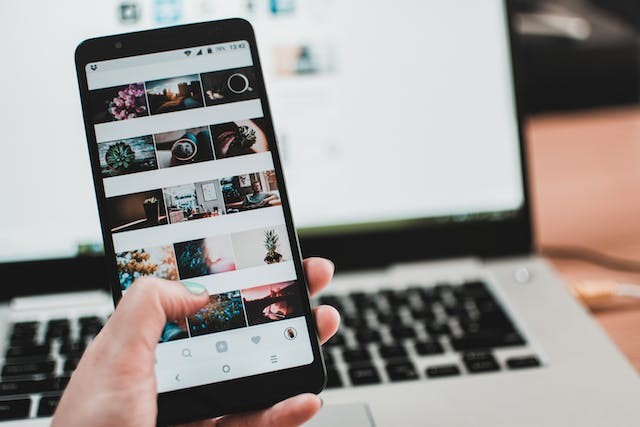
2-Hour Cell Phone Use May Lower Risk of Depression Suicidal Thoughts Among Individuals Between 13 to 18 Years Old
Teenagers who use cell phones for a maximum of two hours a day may reap health benefits. However, spending more time than that on their smartphone also comes with health risks.
Cell Phone Use Benefits For Teenagers
Researchers from Hanyang University in Korea discovered that those between the ages of 13 and 18 who used their phone for less than two hours a day were less likely than their friends who did not use one at all to experience sadness, sleep problems, stress, suicidal thoughts, and alcohol addiction.
On the other hand, more than four hours of phone use was linked to a 22 percent risk of those health issues. Thus, small quantities of phone use in young adulthood can be "beneficial," according to the researchers' study. The majority of previous studies have demonstrated that excessive screen time can be harmful to our well-being.
Some said smartphones benefit social interactions and can help combat loneliness and isolation. However, excessive use could indicate discontent in other areas of
Some, it's said, are beneficial for social interactions and can combat loneliness and isolation. But since unhappy people are likelier, having too much could be a symptom of discontent in other areas of their lives.
"One to two hours of usage time was protective against suicide attempts... From our results, using smartphones for less than two hours a day even seems beneficial for mental health outcomes compared to non-us," according to the researchers. "Our study showed that adverse effects of health outcomes manifested after four hours of smartphone usage time, which corresponds with previous studies."
ALSO READ: Watching TV Increases Dementia Risk by 20%, But Using Computers May Protect the Brain Against It
About the Study
After controlling for age, sex, and socioeconomic position, the researchers examined the connection between phone use and health outcomes.
Teens who used their phones for less than two hours a day had better health outcomes (i.e., 30% less likely to be stressed and 27% less likely to have disturbed sleep) than those who did not use phones.
Additionally, they had a reduced risk of alcohol consumption by 47%, suicidal thoughts by 43%, and depression by 38%. Teens who used their phones for two to four hours daily connected consistently with these factors.
They were 34% less likely to be melancholy and 29% less likely to be stressed than those who did not use a phone. Additionally, they had a 40% lower chance of suicidal thoughts and a 27% lower chance of alcohol abuse.
The researchers emphasized that bias can inadvertently enter surveys because prior research has indicated that adolescents who struggle with emotional regulation may be more likely to use smartphones excessively.
The researchers discovered that, compared to non-users, phone use for four to six hours or longer detrimentally impacted health outcomes.
Those who used their phones for more than four hours a day were more likely to be fat and to have poor mental health than those who used them for less than four hours. This is assumed to be caused by the fact that they are using their phones more frequently than working out.
People who compare their lives and identities to others online are likelier to be unhappy when using social media more frequently.
Additionally, they were more likely to experience stress, depression, restless nights, and suicidal thoughts.
The study was published in the journal Plos One.
RELATED ARTICLE: Sedentary Lifestyle Can Increase One's Risk of Stroke; Higher Than Those Spending More Time for Physical Activity
Check out more news and information on Medicine and Health in Science Times.














